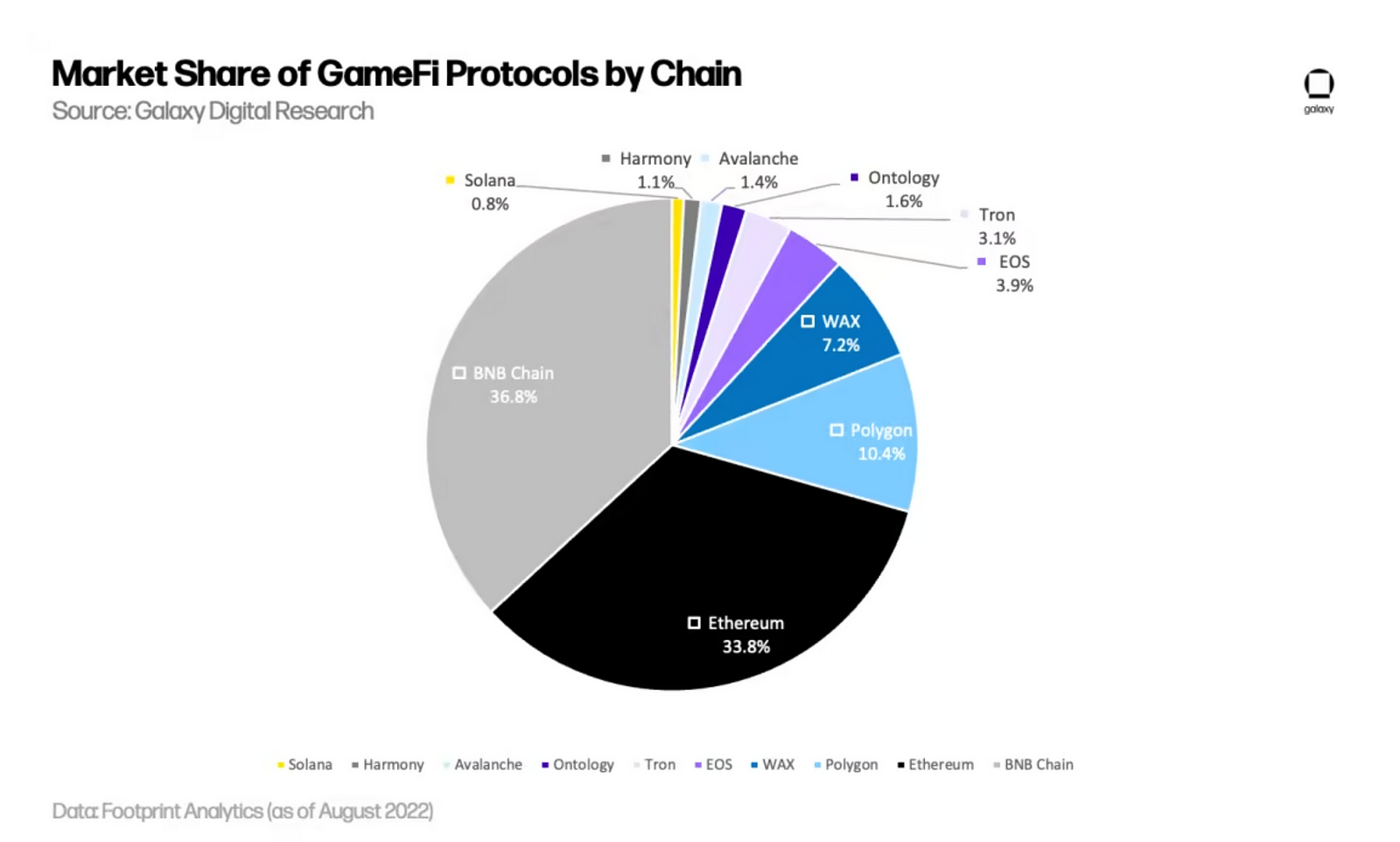Play-to-earn and GameFi web3 platforms like Decentraland, The Sandbox and ApeCoin, are standing out as the major emerging sectors in the gaming industry, with some reports estimating that the web3 gaming industry will grow to reach ±$125 billion by 2025.
However, recent reports indicate that ±40% of web3 gaming users and traffic is composed of bots. The same report also shows that ±$200 million are being stolen each year from web3 games by multi-accounting and automation fraud.
In turn, these bots and sybil attacks can drain the play-to-earn liquidity pools, and steal the opportunity from the real gamers.
Here, we explore how uniqueness provided by decentralized identity can protect platforms from bot and sybil attacks, and how that can be done in a privacy-preserving way.
What is web3 gaming?
According to a survey by Worldwide Asset eXchange (WAX), 62% of gamers would be more likely to invest in digital assets if they were transferable between games, and 84% of developers would create in-game items for the same reasons.
As web3 games are games that use NFTs, decentralized ledgers, smart contracts, or are built on the blockchain, this differentiates them from traditional gaming apps by enabling interoperable ownership of in-game assets and making these assets interoperable across different games.
As in traditional games, users can own digital assets (e.g. skins, tokens, rewards) in web3 gaming. However, unlike traditional AAA games which tend to lock users into the game, by tying assets to the games, and limiting asset utility to their own platforms and marketplaces, web3 games promote decentralization and true ownership.
That is reflected by users’ ability in web3 games to transport their digital assets (e.g. NFTs) between different gaming platforms interoperable among each other, and thus, don’t lose their game reputation if they decide to change the game/platform. Carrying your gaming reputation across different games could provide gamers with numerous opportunities, such as access to certain gaming rewards or exclusive gamer clubs, ability to skip to higher levels, or showcase your abilities to find a gamer match.
This also means that if a game shuts down, gamers can transfer their rewards and assets to a different game or even trade them on marketplaces.

Why are bots harmful for web3 games?
Bots are infesting web3 gaming platforms making up ±40% of the traffic. These bots can be harmful to gaming platforms in numerous ways, including:
- Unfair advantage: Bots in games can compete against real gamers. And since bots can play without needing to take a break, they can accumulate in-game assets and NFTs much faster than normal human players, which can frustrate real users and get them to abandon the platform or hesitate to even try it out since early adopters generally have an advantage.
- Sybil attacks: Many web3 gaming platforms provide new user benefits and bonuses for signing up to the game. Malicious actors can utilize bots to recreate fake players and have them sign up to the platform to take advantage of new user benefits.
- Unfair airdrops: As with all web3 emerging platforms, the web3 gaming industry is making use of crypto and NFT airdrops to initiate interaction and establish relationships with their communities by enabling them to earn free tokens. However, with bots infiltrating these platforms, gaming airdrops are prone to bots draining liquidity pools and stealing real users’ opportunities.
This is where uniqueness comes into play
Gamer uniqueness can play a significant role in protecting gaming platforms from bots and sybil attacks. Uniqueness provides a way of ensuring only “real” gamers can access games, which in turn enables gaming platforms to differentiate themselves from competitor platforms infested with bots, and increase user adoption.
Moreover, knowing that connected wallets belong to unique humans allows for efficient incentive structures and marketing activities.
It can also help with content moderation and messaging safety by making it easy to ban a nasty user who can’t just switch wallets.
These benefits can be provided by adding a liveness-check layer to login to gaming platforms. In turn, this ensures that:
- All users on a gaming platform are unique humans.
- Game assets and rewards are only accumulated by real players.
- Occurring airdrops on the platform are fair and bot-free.
Fractal ID liveness check for bot-free web3 gaming
Fractal ID is an identity verification platform ranging from human uniqueness for sybil resistance and bot protection to KYC/AML for regulatory compliance.
For web3 games, Fractal ID offers multiple liveness-check integration options that enable gaming platforms to check the human uniqueness of their users before admitting them to the game.

Reach out to our team to try our 2 months free trial of liveness checks and explore how this can benefit your platform and help you optimize user acquisition and retention.
If you are interested in exploring how KYC and decentralized identities (DIDs) can help you and your business, reach out to sales@fractal.id or book a meeting with our team.
